Introduction
In today’s unpredictable economic landscape, having a robust financial safety net is more critical than ever. One cornerstone of financial stability is the emergency fund—an accessible pool of savings specifically earmarked to cover unexpected expenses or income disruptions. Building Your Emergency Fund: A Key Pillar of Financial Stability explores the importance of this financial buffer and provides actionable tips for creating one that can weather any storm.
Ensuring the health of your finances starts with acknowledging the reality that unexpected expenses can—and do—arise. Whether it’s a sudden medical bill, car repair, or unexpected job loss, having an emergency fund in place can offer peace of mind and financial resilience in times of crisis.

As you embark on your journey to build an emergency fund, it’s crucial to adopt a disciplined approach to saving. Start by assessing your current financial situation and identifying areas where you can trim expenses or reallocate funds toward savings.
As financial advisor Jane Smith emphasizes, “An emergency fund is your financial safety net, providing a cushion against life’s unexpected curveballs. It’s not a matter of if you’ll need it, but when.” This sentiment underscores the fundamental importance of prioritizing emergency fund savings as a foundational element of any sound financial plan.
“An emergency fund is your financial safety net, providing a cushion against life’s unexpected curveballs. It’s not a matter of if you’ll need it, but when.”
Smith recommends aiming for an emergency fund that covers at least three to six months’ worth of living expenses. “This cushion allows you to navigate unforeseen circumstances without having to resort to high-interest debt or deplete your long-term savings,” she explains. “It’s a lifeline that can help you stay afloat during challenging times and prevent temporary setbacks from derailing your financial goals.”
Conclusion
In conclusion, building and maintaining an emergency fund is an essential step toward achieving financial security and peace of mind. By proactively setting aside funds for the unexpected, you can mitigate financial stress and maintain greater control over your future. Remember, it’s never too late to start building your emergency fund. With careful planning and discipline, you can create a financial safety net that provides stability and confidence, no matter what life throws your way.







